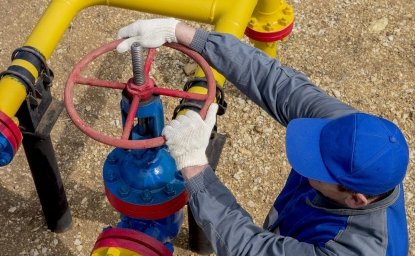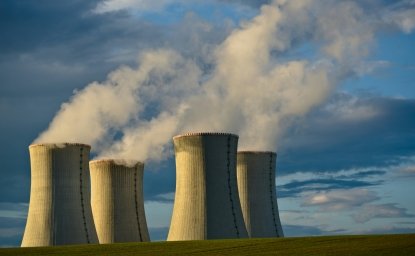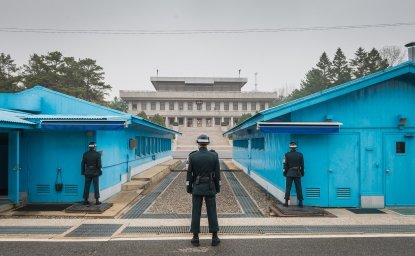Nuclear Proliferation International History Project partners at the Fundacao Getulio Vargas (FGV) recently hosted a critical oral history conference on the Brazilian and Argentine nuclear programs between 1967 and 1988. The discussions which took place at the conference suggest that scholars may need to add nuance to the traditional historical narrative which portrays Brazil and Argentina as nuclear rivals who became partners following the end of military rule in both countries.
The conference The Origins of the Brazil-Argentina Nuclear Cooperation took place in Rio De Janeiro, Brazil from 21-23 March 2012. It was organized by Fundacao Getulio Vargas and the University of Birmingham, in close cooperation with NPIHP.
As a critical oral history conference, the proceedings centered around dialogue between former Brazilian and Argentine government officials who played a role in nuclear affairs. By discussing a series of central questions developed by a team of academic experts, the former officials who participated in the conference were able to shed light upon their respective governments' perceptions, misperceptions, and decision-making processes with respect to the nuclear issue. The insights which came out of this process may cause scholars to reconsider the traditional Brazilian/Argentine nuclear history narrative.
Most accounts of Brazil's and Argentina's nuclear programs suggest that the two countries were locked in a low-level rivalry which caused both countries to move towards a latent nuclear weapons capability. The end of military governance in Argentina in 1983 and Brazil in 1985 then set the conditions under which tensions could be relaxed.
A number of insights surfaced during the course of the three-day conference suggest that this narrative may require revision. Though some nuclear rivalry did exist between Brazil and Argentina, the diplomats, scientists and engineers from both sides who participated suggested that in their view it was a 'sportsman like', rather than hostile competition. Mutual suspicions were constrained at the technical level by good relations between Brazilian and Argentine nucelar scientists who participated in a series of bilateral exchange visits. At the political level, both countries' shared aversion to what they viewed as a discriminatory global non-proliferation regime contributed to mutual understanding. (Though not explicitly addressed at the conference, it is unlikely that this relatively high level of bilateral empathy extended to both countries' military officials.) The development of potentially worrisome technologies like uranium enrichment and plutonium reprocessing--both of which could be used to create fissile material for a nuclear weapon--was viewed as natural and justifiable by diplomats, scientists and engineers within both the Brazilian and Argentine governments in light of North American (especially US) efforts to delay or limit delivery of fresh fuel for existing nuclear reactors wich began in the mid 1970s.
Further, participants observed that the spirit of bilateral nuclear cooperation which began in the 1980s and which culminated, in 1991, with the creation of the Brazilian-Argentine Agency for Accounting and Control of Nuclear Materials (ABACC) predates the establishment of democratic rule in both countries. The warm personal relationship that existed between Argentina's democratically elected president Raul Alfonsin and his Brazilian counterpart, Joao Figueiredo, catalyzed a process which is now understood to have begun under their authoritarian predecessors.
Following the conference, FGV will publish a full transcript of the conference proceedings, as well as a series of Brazilian and Argentine archival documents which were referenced during the conference, and which have been translated into English. Selections fromt these will be published in parallel on the NPIHP website. A documentary film on the conference and its results will be released in 2013.
For more information, download the conference program and participant biographies, or visit the Fundacao Getulio Vargas website.






